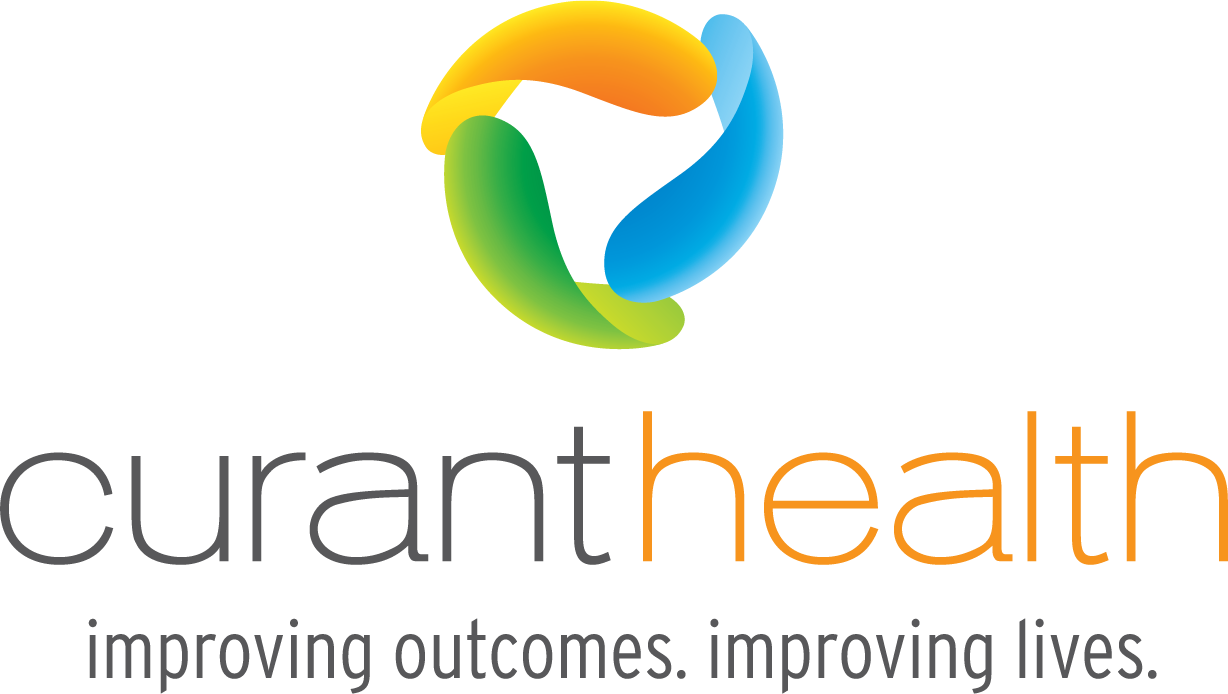
March 22, 2016 - Curant COO, Marc O'Connor, in MedCity News - We have long known that improvements in medication adherence are the longest lever available to impact wasteful healthcare spending in the United States. We know further that improvements in adherence affect both variables of the value equation in the right direction: improving outcomes and reducing costs.
When news broke recently that $3 billion is wasted on cancer drugs every year due to the size of the vials in which they are sent to hospitals, it seems the coverage was rampant. Things have gotten so bad that number is a drop in the well. $3 billion equals only 1 – 3 percent of money wasted every year due to medication nonadherence according to the Centers for Disease Control and Prevention (CDC): $100 – $289 billion.
Healthcare stakeholders are so focused on the practices of the Turing’s and Valeant’s of the world that we fail to recognize that we have the ability to save tens of billions of dollars on prescription drug spending every year, starting right now, by using the longest lever available to stem the rising tide of wasted healthcare spending: medication adherence.
Unfortunately, medication adherence in the United States is appallingly low. Broadly speaking, the Centers for Disease Control and Prevention estimates 20-30 percent of prescriptions written never get filled and in about 50 percent of cases medication is not continued as prescribed. More specifically, take HIV treatment. According to Kenneth L. Schaecher, MD, FACP, CPC as published in the American Journal of Managed Care, “In the United States, the rate of adherence to HIV therapy is generally low. A meta-analysis of adherence studies—the durations of which ranged from a few days to 1 year—observed a rate of 55% who “achieved adherence” among a pooled group of 17,573 patients. The definition of ‘achieving adherence’ in the studies ranged from above 80% adherence to 100% adherence. By comparison, in sub-Saharan Africa, the pooled adherence rate in studies comprising 12,116 patients was 77%.”
To read Marc’s full article, visit MedCity News.
To learn more about Curant Health, contact Kristin Lindsey, Marketing Director, at klindsey@curanthealth.com.
